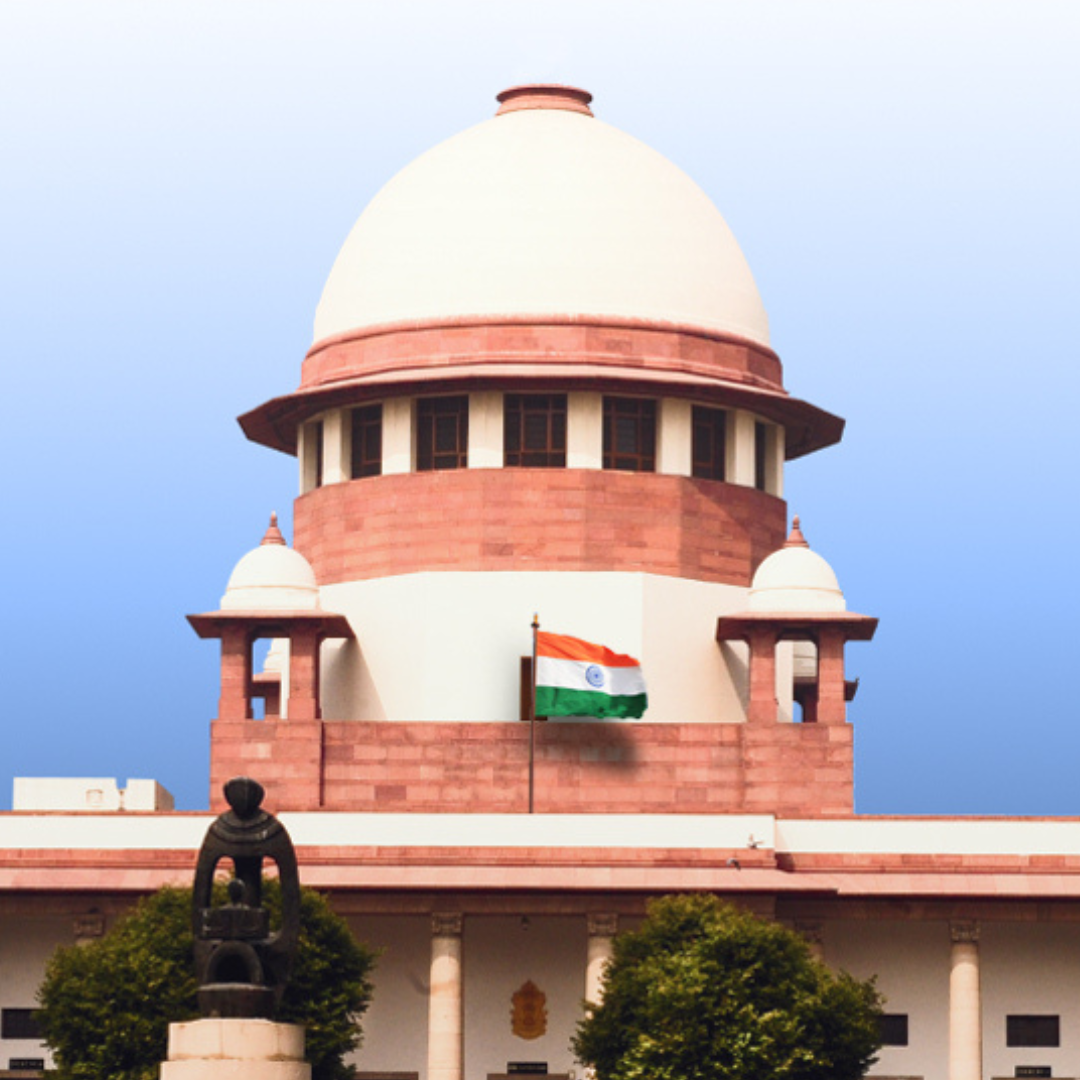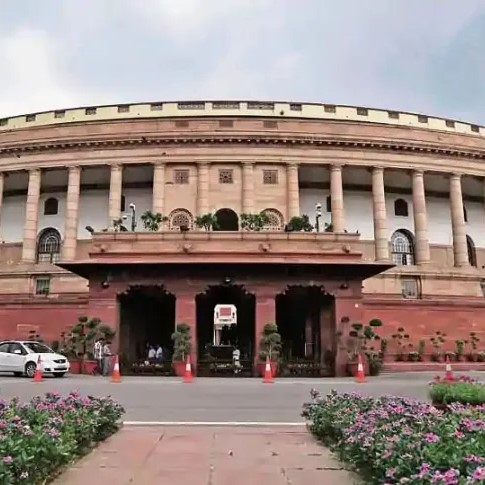Publications
The CCI’s Wider Merger Net Draws Deal Value into Focus
14 Sep 2023
- DMD Advocates
- Article
The Competition Commission of India (CCI) recently published its draft regulations governing business combinations for public consultation. A key aspect of these revised regulations is their guidance on the enforcement of a newly introduced deal value threshold (DVT) that will trigger the need of CCI’s pre-approval for deals valued above ₹2,000 crore. Interestingly, ‘deal value’ would also include the value of any investment in the target by any acquirer group entity in the last two years.
The need to introduce new-age merger thresholds (alongside more traditional turnover-based thresholds) assumed significance after Facebook’s acquisition of WhatsApp escaped antitrust scrutiny despite its deal value being $19 billion. WhatsApp did not meet the requisite turnover/asset levels as it was a free app and its balance sheet did not reflect the true value of its prodigious data bank. Since then, several countries have introduced DVTs to plug leakages of major strategic mergers and acquisitions (M&As), especially involving startups and tech mavericks with low sales or assets.
Critics of a DVT have been airing their concerns that any such test may bring too many no-issue foreign deals under scrutiny. However, the experience from Germany and Austria (DVT front-runners in Europe) helps alleviate some concerns. Although the German competition authority initially received many queries on whether deals should be notified based on a DVT, there were only a few deals that required a filing. Along with tech deals, some deals were from the pharma sector; these were valued highly based on the market potential of their R&D pipeline of products in advanced clinical trials.
India, however, has decided to take a slightly different approach in introducing a DVT insofar as it has completely dropped the application of any turnover/asset based threshold to deals that breach the value limit. Most countries have retained the application of turnover thresholds in some form along with DVTs (except the US, where the turnover thresholds become inapplicable only if the deal value hits $446 million).
India’s introduction of a DVT will impact both foreign and domestic deals worth over ₹2,000 crore where parties would miss out on the benefit of the de-minimis target exemption. Many such deals could earlier escape CCI scrutiny if the target company did not have the requisite turnover (₹1,000 crore) or assets (₹350 crore) in India.
It would therefore be vital for the CCI to judiciously apply the domestic nexus qualification that has been spelt out in the regulations as “substantial business operations in India” (SBOI). This would be crucial to ensure that the CCI’s limited resources are used for assessing deals that may actually impact the Indian market and filter out foreign deals with no ‘real’ nexus to India.
At first glance, the SBOI criteria applicable to targets may appear expansive, raising the risk of ‘false positives’ (no-issue deals triggering scrutiny). However, a closer look would explain the need to keep it broad to protect the very purpose of introducing a DVT and not let a ‘killer acquisition’ slip through the cracks. The standard SBOI threshold has been kept at 10%, but it has been made applicable to three different metrics: i.e., turnover, user base and gross merchandise value (GMV). This is because a DVT is sector agnostic and would equally apply to manufacturing industries, where turnover can be a relevant metric to assess domestic presence, as well as digital sectors, where user base or GMV may be more appropriate. The user base of a target would include the number of users, subscribers, customers or visitors at any point within a year preceding the deal. This should effectively translate to figures based on relevant industry standards such as monthly active users (MAU), daily active users (DAU), or unique visitors (access frequency of a website).
The SBOI language is broad enough to even cover indirect users and passive visitors. The challenge would be to ensure that such figures are accurate and reflect the actual position. The CCI should preclude unnecessary filings that may breach the threshold at some (indirect) level without ‘truly’ establishing a local nexus through the scope or scale of a target’s operations.
This is where the role of pre-filing consultations with authorities assumes significance; these have globally proven effective in preventing filings of purely foreign deals with no local nexus. Although consultations with the CCI are non-binding, they offer businesses an avenue for seeking clarifications on filing queries to avoid inadvertent gun-jumping. On DVT consultations, in particular, the CCI should assist businesses with filing decisions.
Although some tweaks may be expected in the final version of the regulations after public consultations, the DVT rules are unlikely to undergo many changes. The regime should gradually get streamlined, based on the CCI’s experience and learnings after DVT implementation and the international best practices that may emerge over time.
While it remains to be seen how effective a DVT proves at addressing ‘killer acquisitions’ and protecting competition in data-driven markets, it is good to see the CCI emerge as a front-runner in deploying digital-age tools to deal with modern antitrust challenges head on.
The article has been authored by our Competition Partner, Vivek Agarwal. Associates Divyansh Prasad and Rohan Zaveri contributed to the article. This article was recently published in the Mint (a leading Indian business newspaper).
































